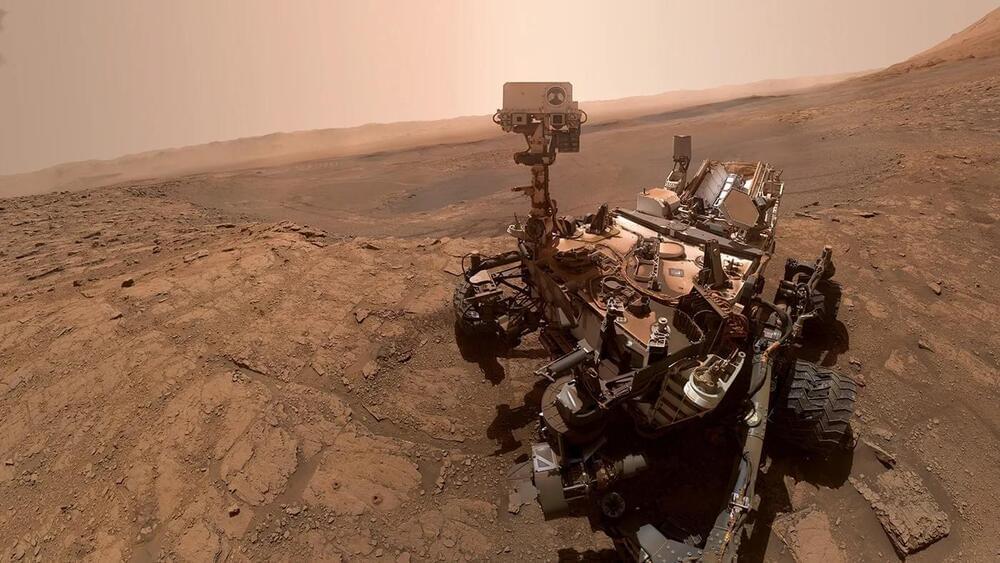Is there life on Mars or has life ever existed in its ancient past? What conditions would be the right combination for life to exist there? These questions are what NASA’s Curiosity and Perseverance rovers are trying to answer as they continue to explore the barren and dry landscape of the Red Planet in hopes of unlocking its secrets above or buried deep beneath the surface. One such component that could contribute to life is methane, which has been identified by the Curiosity rover to exist on Mars in bursts. Now, a recent study published in Journal of Geophysical Research Letters: Planets (JGR: Planets) hopes to explain why, how, and when these methane gases reach the surface in bursts. This study holds the potential to help scientists better understand the internal mechanisms of Mars and whether this could lead to life existing on the Red Planet.
2019 news report discussing Curiosity finding methane on Mars.
“Understanding Mars’ methane variations has been highlighted by NASA’s Curiosity team as the next key step towards figuring out where it comes from,” said John Ortiz, who is a PhD Student Researcher at Los Alamos National Laboratory and lead author of the study. “There are several challenges associated with meeting that goal, and a big one is knowing what time of a given sol (Martian day) is best for Curiosity to perform an atmospheric sampling experiment.”
